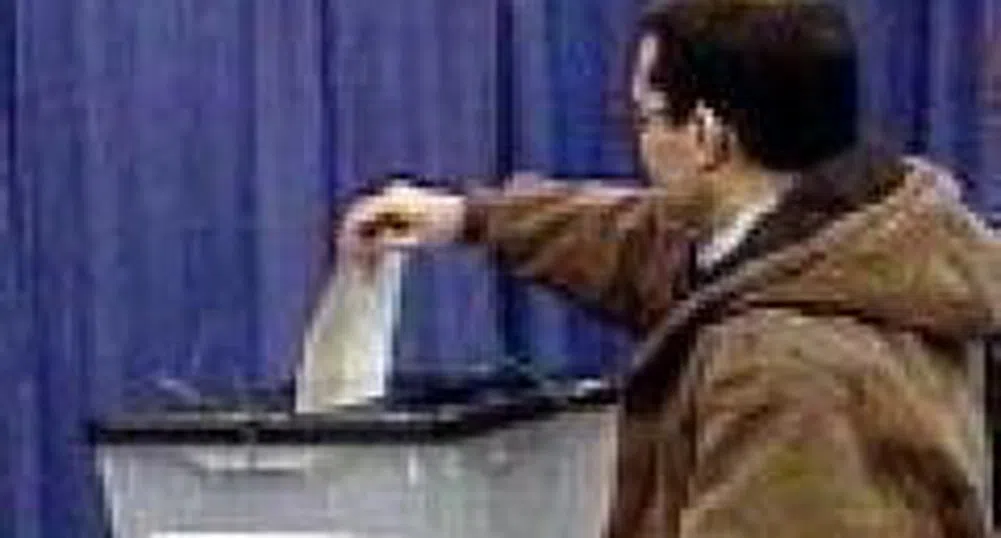Vote Buying: The Problem of Local Elections 2007

Vote buying was the most frequent cause of complaints received by the Central Electoral Commission on the day of local elections, along with illegal canvassing and denying candidate representatives access to the polling stations, BTA reports.
In the Northeastern town of Dobrich, police investigating a possible vote-buying incident after catching a person with a list of voters and 4,480 leva in 20-lev banknotes.
The possibility of voter buying was a persistent concern throughout the campaign. According to investigating articles and media shows, the price of a vote varies from two meatballs and a beer in a Roma neighbourhood to 200 leva (roughly equivalent to 100 euro) or a little less than the minimum salary.
During his campaing, one ingenious mayoral candidate in Varna (on the Black Sea) was paying teachers - currently on strike over low wages - 100 leva each with a promise for another 500 if he is elected mayor. Although several televisions showed teachers vowing to vote for "their benefactor" (Vesselin Mareshki), he insisted that the 100 leva are a donation.
Although the scheme did not win him the mayor's seat, he made an impressibe showing getting some 14 per cent (in the exit polls) and coming second after the present mayor and candidate for a third term, Kiril Yordanov.
Two days before the elections, Interior Minister Petkov visited the western town of Pernik prompted by numerous reports that votes in that city are being bought. Petkov met with regional Governor Ivan Dimitrov and conferred with the head of the local police "to see what measures will be undertaken against the buying of votes and illegal influence on voters," as Petkov said.
In an attempt to prevent vote buying, in the week before the elections the Central Electoral Commission banned the use of cell phones or other recording devices in the polling booth.
Reports of vote buying were also received at previous elections, but never before have they been so many. Under the latest amendments to the Penal Code, "buyers" and "sellers" of votes face a prison sentence of up to two years and a fine of up to 1,000 leva.
If taking money for onre's vote had not been incriminated, it would have probably been easier to prove this act, Prosecutor General Boris Velchev commented. This is a one-to-one crime and the two persons involved have no interest to have their actions exposed, he added.
Nevertheless, the prosecution is trying to act, a case in point being a number of regional offices that have launched pre-trial proceedings on alerts of vote buying. In addition, upon the request of the opposition Union of Democratic Forces, there were prosecutors on duty on Sunday to receive such complaints for voter buying.
In an open letter to the state leaders,Transparency without Borders urged all institutions involved with the organization of the electoral process and its conduct, to undertake urgent measures to prevent, investigate and punish attempts at violating the fairness of the elections, vote buying and compromising the secrecy of the ballot thus influencing whole groups of voters. The letter was sent to President Georgi Purvanov, National Assembly Chairman Georgi Pirinski, Prosecutor General Boris Velchev and Interior Minister Roumen Petkov, among others. The association has been monitoring the funding of the local election campaign since the beginning of September.
)
&format=webp)
&format=webp)
&format=webp)
&format=webp)
&format=webp)
&format=webp)
&format=webp)
&format=webp)